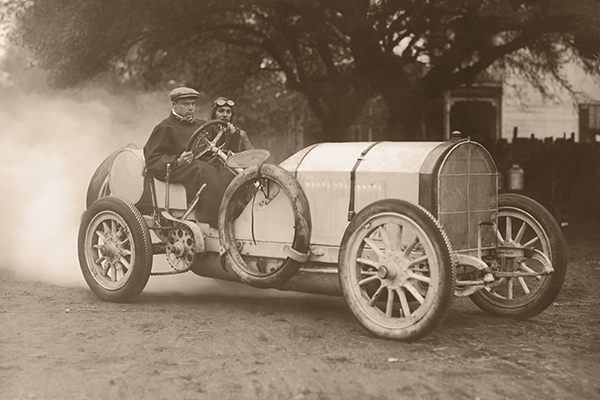4 Tips to Better Evaluate References

Article Highlights:
- Checking references helps prevent surprises after the hire starts.
- Be sure to be thorough in your reference checking to get a clear picture.
You’ve collected applications, conducted interviews, and have found the person you believe you want to hire. Time to call up your new hire and give them the good news, right? Not so fast.
Interviews help you assess if a candidate is a good fit for your organization, but there is one more key step that helps you decide if you’ve made the right choice. Check his references. References can give you extra insight into a candidate’s work habits. They may confirm the positive items you have picked up on during your hiring search. More importantly, they can be a good way to find out if there are any hidden deal breakers. This helps you address any problems that may arise, before the person has been added to your payroll.
Here are four ways you can make sure your reference checks are useful.
Give more weight to manager references.
While peers can give references, the best are those from former supervisors. Managers often have a front row seat to a candidate’s work ethic. They are able to assess strengths and weaknesses, and can explain the candidate’s previous responsibilities. They also may be aware of issues that weren’t as obvious to the candidate’s peers.
Pay attention to the reference’s tone.
Ideally, you want a new hire that has been enthusiastically endorsed. References may say “yes, he did a good job,” but does their tone make you believe it? If they seem hesitant or uncomfortable, there may have been bigger issues they are wary of bringing up. They may have workplace policies that keep them from giving out large amounts of information, however, so avoid dinging a candidate for a very short reference call.
Get specifics.
Getting details about a candidate starts with asking the right questions. Look into accomplishments during his time with the company, ask for ratings on key skills you need in the position. It may be helpful to describe what you look for in a candidate, and ask if the reference would see your hire fitting that description. You will want to ask about weaknesses, and see if she showed improvement over time.
Go outside the list.
You may have a carefully curated list from your candidate, but it sometimes can be helpful to reach out to people not on the list. If you notice a candidate has not included references from recent jobs (with the exception of his current job, since the employer may not know he is looking) it may be worth trying to reach out to those businesses. One note with going off the list, however, the candidate will not have given these people a heads up, so they may be harder to reach, or won’t have a lot of information.
Conclusion
The key above all else is to be sure to check references on every hire. Simply going by your gut after an interview is not enough. You want to make sure you have a thorough evaluation of your hire. Checking references can help you ensure there are no hidden red flags in your candidate’s employment history, helping you defend your business against problems that may pop up too late.
Related Articles:

From Mailbox to Inbox: A Hybrid Approach to Reaching Your Customers
It’s easy to weigh the pros and cons of an email marketing strategy versus a direct mail one. Email marketing delivers your message to customers…

Crafting a Winning Story: Dealership Lessons from Olympic Opening…
While most dealerships aren’t getting Olympic-level coverage, it’s still important to think about what kind of story you’re conveying to consumers.

The Evolution of Cars and Consumer Expectations
Have you ever thought about how far the automotive industry has come since the creation of the first car? From three-wheeled cars to punch-inducing Volkswagen Beetles…

4 Things Every Dealership Can Do to Prepare for Future Success
Right now, your dealership is successful and running smoothly. That’s a great first step towards ensuring future success, but there’s always more work to do.…















